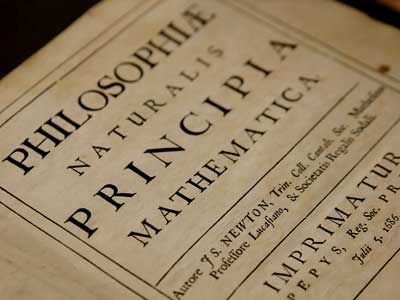The Age of Enlightenment was in vogue during the 18th century, but its watermark still lingers on many of the world's most important documents. In fact, without it, the United States as we know it would likely not exist today. While visiting Europe, many of the nation's founding fathers rubbed elbows with great Enlightenment thinkers, bringing their ideas and values back across the Atlantic.
But how did the Enlightenment movement start? Different factors spurred it on, such as the clout of the Church and State and the power struggle between them, as well as the Western discovery of new societies with radically different cultural traditions and norms. Many intellectuals also felt discontented with the fixed social striations among their own collectives, and angry at their governments' unwillingness to grant personal rights.
Advertisement
All of this gave way to a cultural revolution that promoted new ideas and values concerning philosophical, economic and political debates. Growing skepticism in the absolute authority of both monarchy and church sowed the seeds for a revolution (actually, several) that focused on individualism, freedom, self-determination and other agents of change. Democracy and equality were of great importance to the thinkers of the Enlightenment, who were dissatisfied with the mooching and prestige of the aristocratic social tier.
The effect of all this would having a lasting impact on the face of the world as we know it. Find out how on the next page.
Advertisement


